Funding and Partners


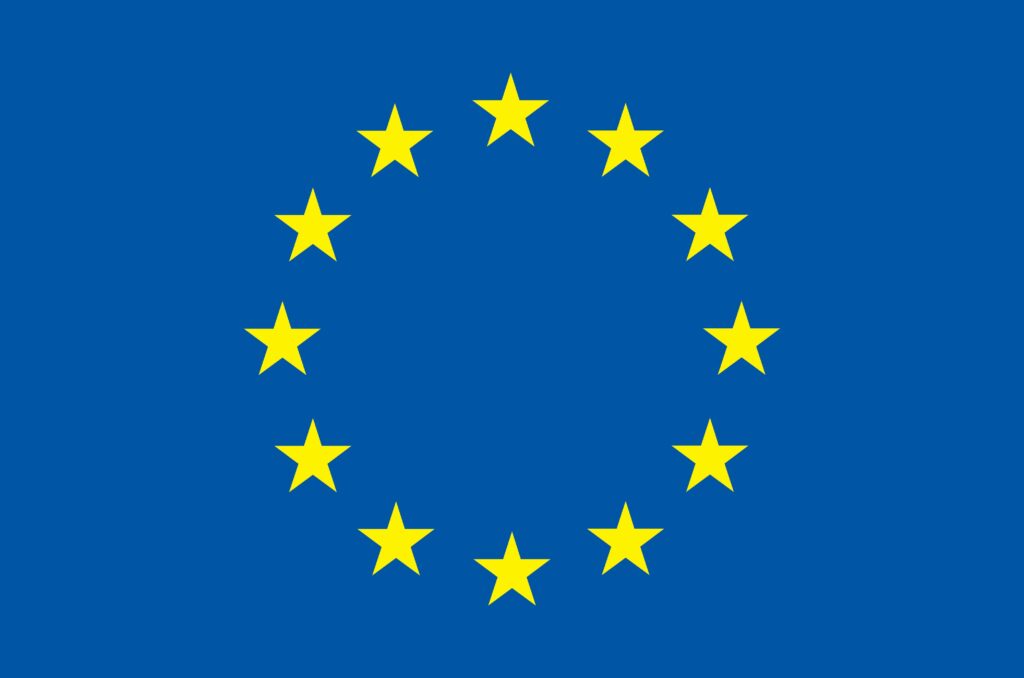
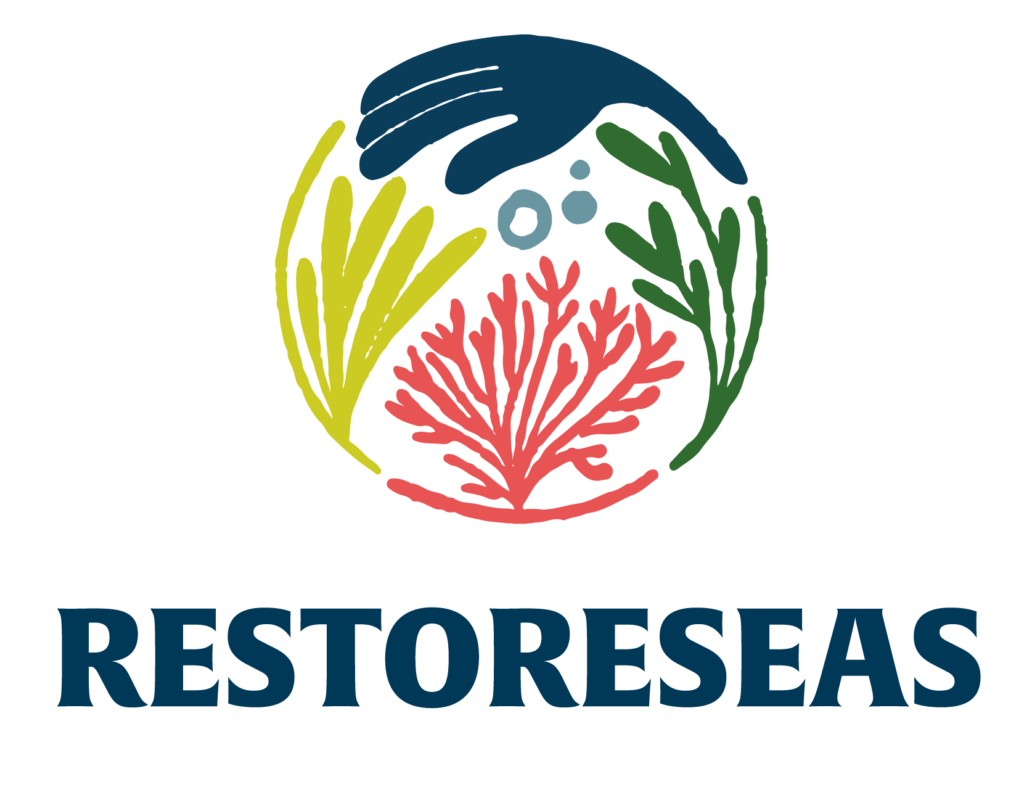
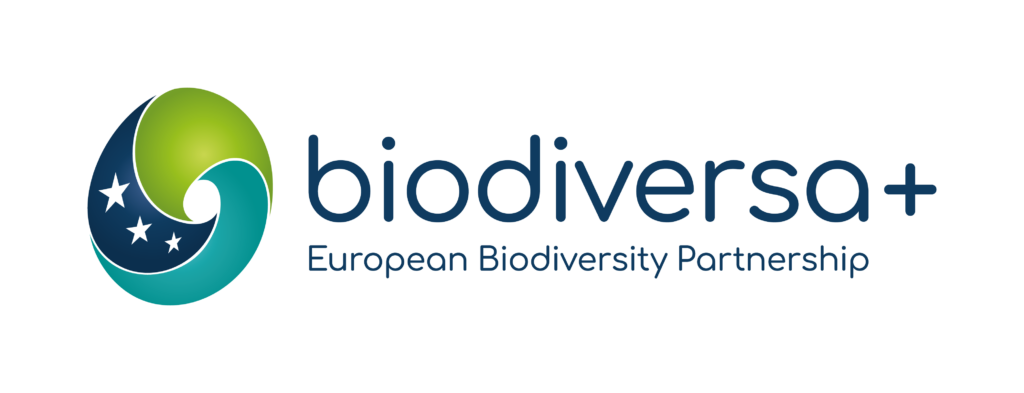
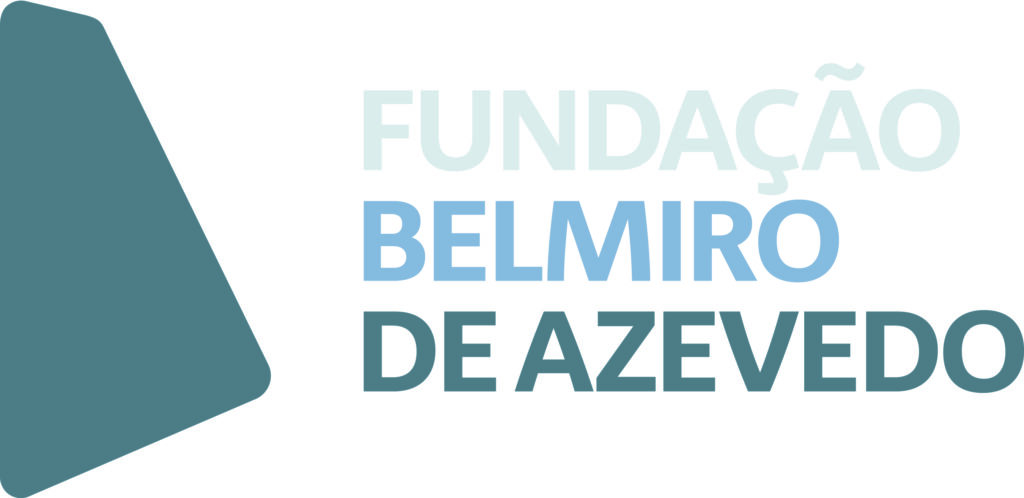
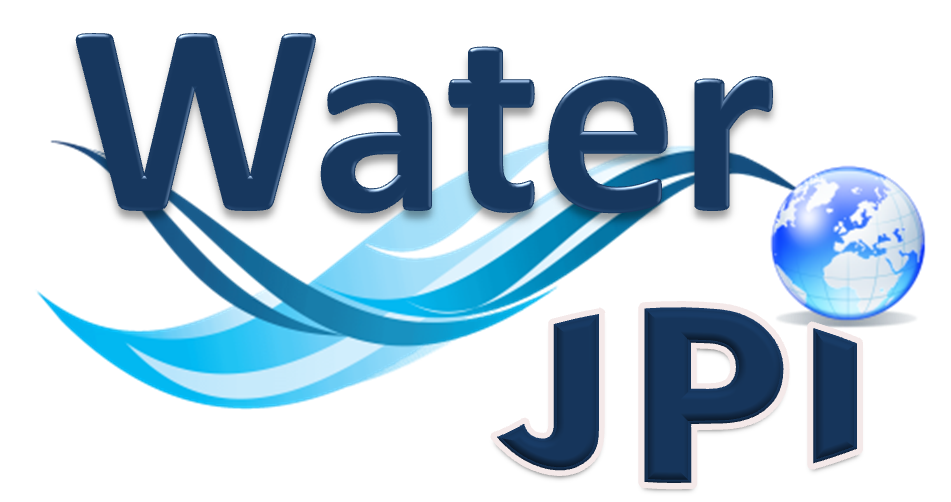

About Us
We are marine biologists who are passionate
about the Oceans.
But we believe that science is not enough.
PLANT A CORAL e.V. is a non-profit organisation aiming to protect and restore European coral gardens.
Our programm is also integrated in the research projects RESTORESEAS and CORALforests which are coordinated by researchers associated with the University of the Algarve and CCMAR in Faro, Portugal.
picture © Diogo Paulo
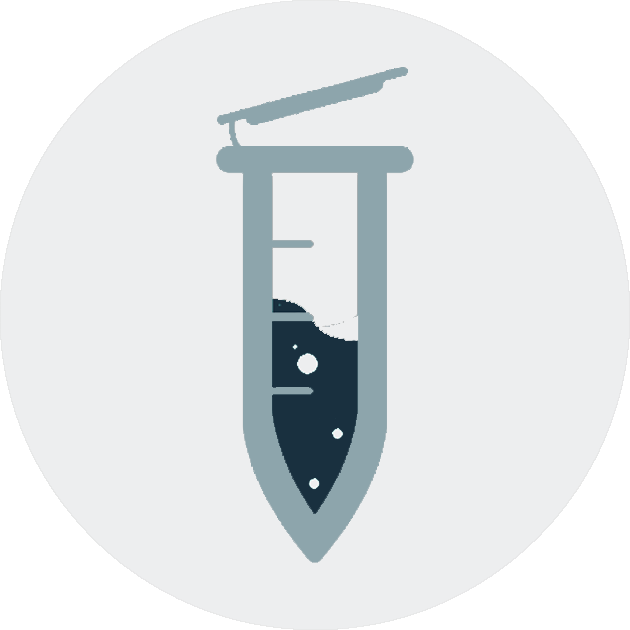
RESEARCH

RESTORATION

COMMUNICATION
PLANT A CORAL e.V. is a non-profit organisation aiming to protect and restore European coral gardens.
Our program is also part of the research projects RESTORESEAS and CORALforests which are coordinated by researchers associated with the University of Algarve and the marine institute CCMAR in Faro, Portugal.
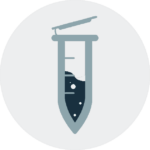
RESEARCH
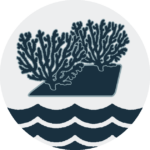
RESTORATION

COMMUNICATION
Our Research
All of our work is based on scientific data.
Each project contributes to the collection of important data and to advancing coral research.
We use every rescued coral for data collection.
This helps us learn more about their habitats, the environment,
and their overall health.
Corals in captivity
Some of the corals collected as bycatch will be kept at the aquarium of our research facility Ramalhete in Faro. At the moment we are keeping over 10 different coral species.
The corals will be used in various experiments to learn more about their biology and ecology, including their life cycle, reproductive and larval biology, as well as their response to exposure to external stress factors. Importantly, these corals will be used to advance our capacity to maintain deep coral species in captivity and thereby exploit alternative methods for habitat restoration such as sexual propagation.
Baby corals
Two years ago we were able to reproduce our cold water corals for the first time. The tiny coral larvae setteled and are now growing in our aquaria. At a later stage we aim to transplant them back to the reef.
Corals in captivity
Some of the corals collected as bycatch will be kept at the aquarium of our research facility Ramalhete in Faro. At the moment we are keeping over 10 different coral species.
The corals will be used in various experiments to learn more about their biology and ecology, including their life cycle, reproductive and larval biology, as well as their response to exposure to external stress factors. Importantly, these corals will be used to advance our capacity to maintain deep coral species in captivity and thereby exploit alternative methods for habitat restoration such as sexual propagation.
Baby corals
In recent years, we have been able to reproduce our cold-water corals for the first time. The tiny coral larvae settled on small rocks and are now growing in our aquariums. Those coral babies that have grown large and robust enough have since been relocated to a protected area on the reef.
Funding and Partners








Funding and Partners








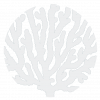
PLANT A CORAL
save our coral gardens
About Plant A Coral
Contact and social media
You would like to support our cause?

PLANT A CORAL
save our coral gardens
About Plant A Coral
Plant A Coral e.V.
GERMANY
You would like to support our cause?
Contact & Social media